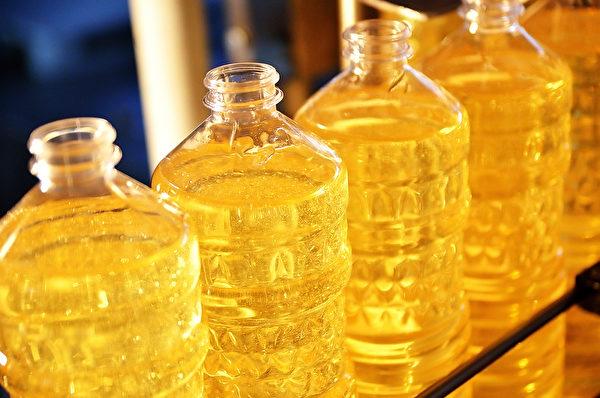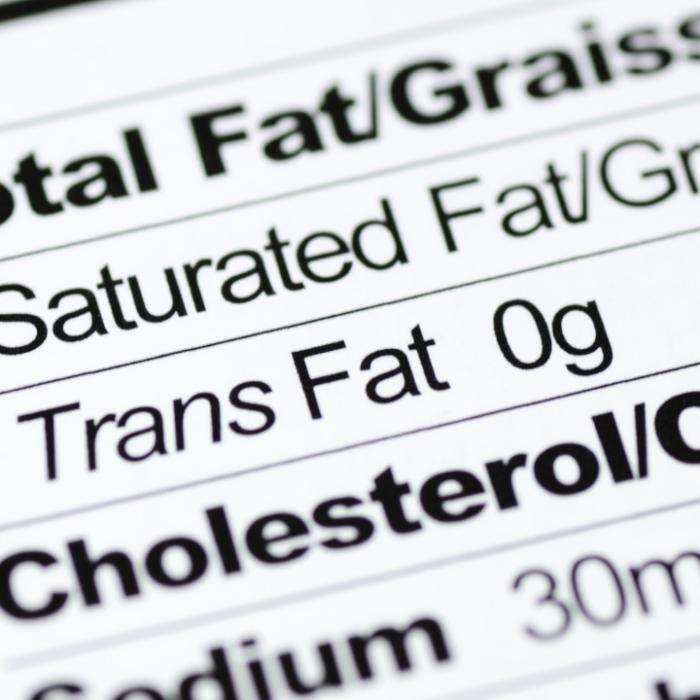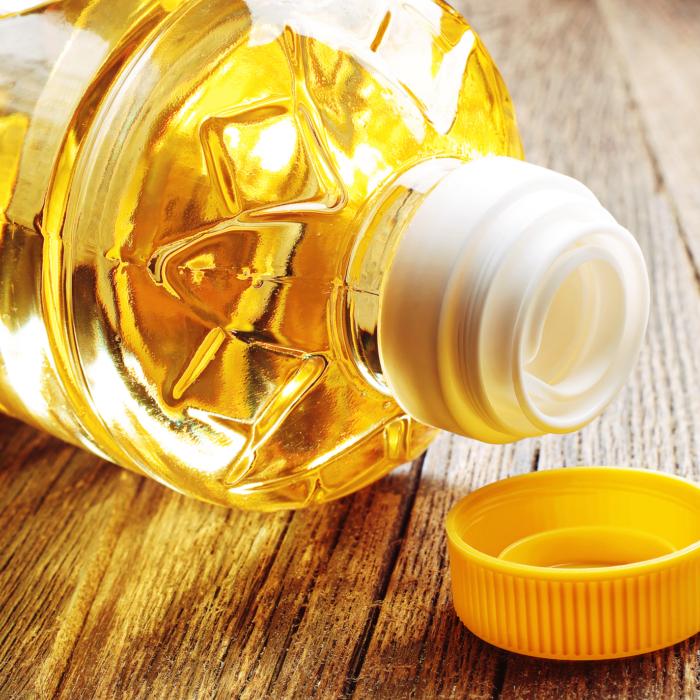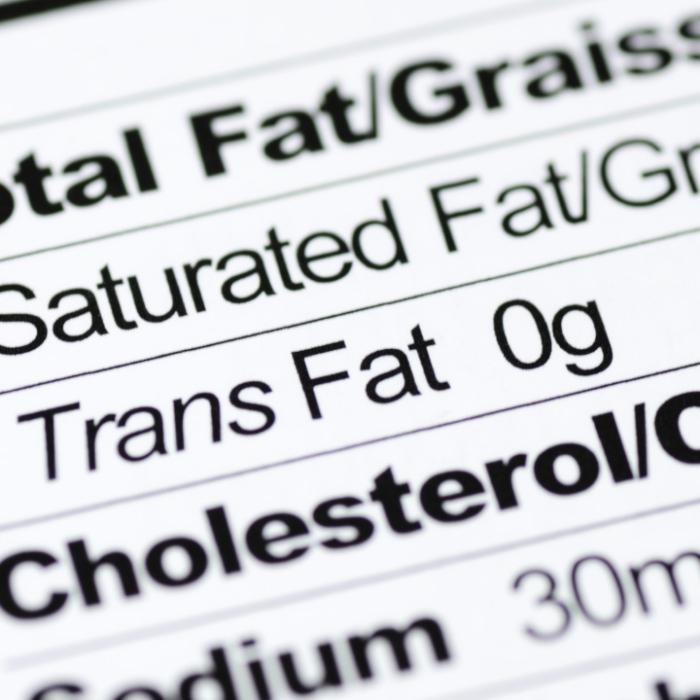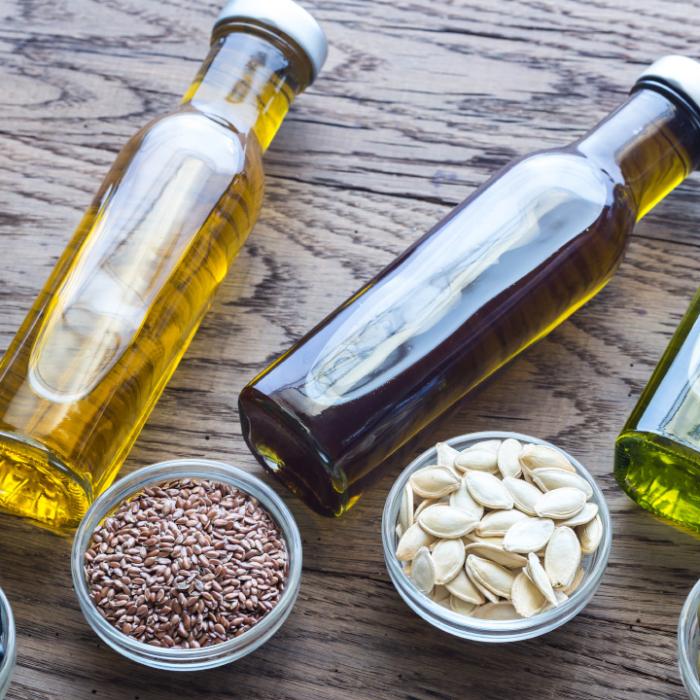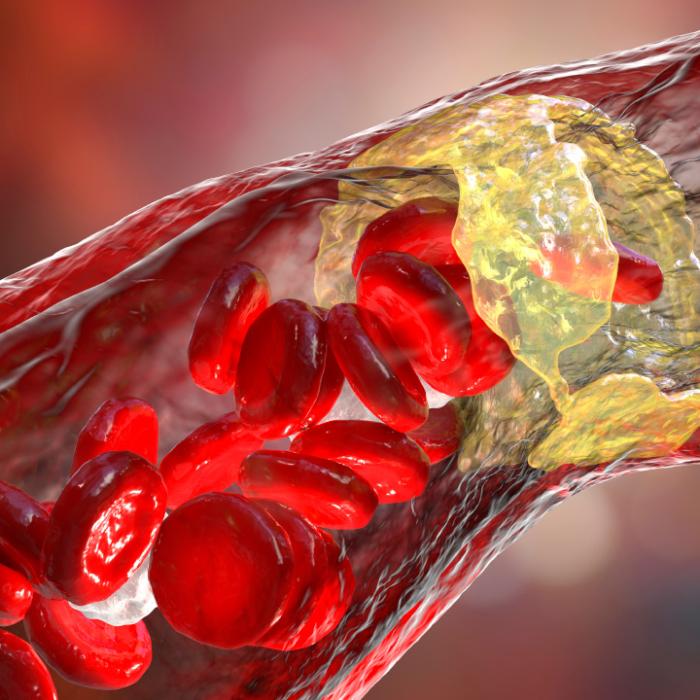When the term “cooking oil” is mentioned, the immediate image that comes to mind for most people is pale and yellow liquid in large transparent bottles labeled “vegetable oil.”
Though vegetable oils are a staple cooking oil for many Americans now, they are only a recent invention. Decades ago, common fats used in cooking were animal fats such as lard, butter, and suet, all of which tend to have a higher saturated fat ratio.
This idea, and various market changes, led to the widespread adoption of this dietary shift. And based on the available evidence, it seems that the hypothesis wasn’t entirely accurate.
Nevertheless, Keys’s hypothesis has persisted.
What Are Vegetable Oils?
The name “vegetable oil” can be a bit misleading. People may think that it’s healthy because it’s made from vegetables.Most common vegetable oils are made from both edible and inedible plant seeds. Oils that are made from edible vegetable seeds include corn, soy, peanut, and sunflower oils, while oils made from inedible seeds include canola, cottonseed, and safflower oils. The name “seed oil” is less palatable than vegetable oil. These seed oils are high in polyunsaturated fat and are therefore prone to oxidation.
Most Vegetable Oils Have 2 Key Problems
Contrary to food guidelines, most vegetable oils on the market may not be suitable for cooking for two main reasons.1. Prone to Oxidation
Many people have heard of oxidation but don’t really know what it is. Oxidation is a chemical reaction in which atoms and compounds lose their electrons. These atoms become unstable and thus seek to recover their electrons, so they steal electrons from other compounds. Other compounds then steal from others, and this continues in a vicious cycle. Fire, for example, is a rapid form of oxidation.Oxidation is an essential process, but too much oxidation harms the body. A fire in the fireplace is warming, but even a spark that escapes can severely damage a piece of furniture. So it is with oxidation. If a cell’s DNA becomes damaged from losing electrons to oxidation, the DNA can become unstable and mutate. Cells that contain mutated DNA are at significant risk of becoming cancerous. This is why antioxidants such as vitamins C and E are vital to health.
The problem with polyunsaturated fats, such as those found in vegetable oils, is that they are highly oxidative. Polyunsaturated fats have two or more double—or unsaturated—bonds. These double bonds are highly reactive and oxidize when exposed to oxygen.
Oils that contain a high amount of omega-3 fatty acids are prone to oxidation, Sally Morell, founder of the Weston A. Price Foundation and author of 10 books on nutrition, told The Epoch Times. This is because omega-3 fatty acids contain the most double bonds in their structure, presenting many opportunities for oxidation. Naturally occurring omega-3 fatty acids have three to six double bonds.
Oils high in omega-3 fatty acids include flaxseed, walnut, and canola oil.
2. Usually Highly Refined
The refinement of vegetable oils involves many industrial chemicals and processes. First, the oil is extracted using a solvent. Hexane, a crude oil constituent solvent, is a popular choice for this process (pdf).Vegetable Oils and Cancer
Oxidation is linked to cancer, so some experts worry that consuming oxidants from heated vegetable oils may pose a greater cancer risk.In the 1950s, several randomized controlled clinical trials began testing a diet low in animal fat; participants switched from consuming animal fats, such as milk and cheese, to a polyunsaturated vegetable-fat diet.
The connection between seed oil oxidation and inflammation, and its relation with cancer, was first extensively outlined in Teicholz’s book.
Teicholz is the first to label seed-derived vegetable oils as “seed oils” and spent a decade researching fats and oils to write her New York Times bestseller “The Big Fat Surprise.”
Saturated Fats Are More Suitable for Cooking
Fats high in saturated fat tend to be the most stable when cooked, Grootveld said. Because saturated fats contain no double bonds, they are much less reactive with heat and oxygen.Grootveld, who ranked cooking oils based on their oxidative abilities, said that oils high in saturated fat, including animal fats such as lard and tallow, are the least prone to oxidation. Both lard and tallow contain about 40 to 50 percent saturated fat, accompanied by monounsaturated fat and meager amounts of polyunsaturated fat.
All animal fats contain low amounts of omega-3 and omega-6 fatty acids, but these fats generate only very low levels of oxidation products because of their very high saturated and monounsaturated fat contents.
Some plant-derived oils, such as coconut, are predominantly composed of saturated fat and are also resistant to oxidation. Palm oil is also resistant since it contains large amounts of both saturated and monounsaturated fats.
Oils high in monounsaturated fat, such as olive and some types of sunflower, are less resistant to oxidation than animal fats and may be suitable for low-temperature cooking at short intervals. These oils are more resistant to oxidation than polyunsaturated seed oils.


